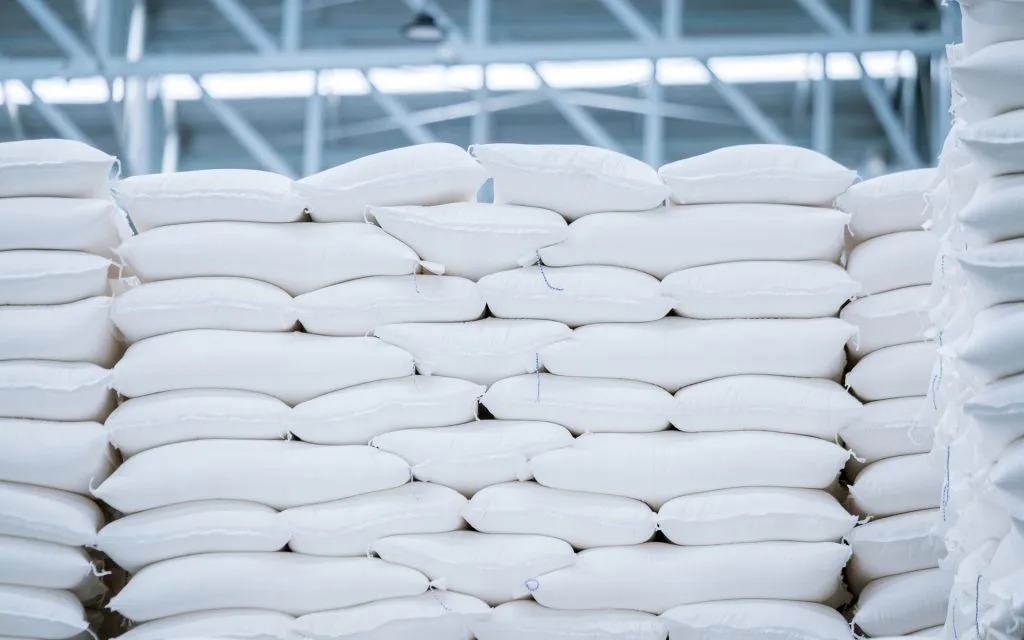 PP woven bags are PP plastic bags produced by the weaving process. To create a fabric for the needs of the plastic industry, several threads or tapes are weaved in two directions (warp and weft). This process is known as weaving. One type of thermoplastic resin material created by the polymerization of propylene is polypropylene (PP).
PP woven bags are PP plastic bags produced by the weaving process. To create a fabric for the needs of the plastic industry, several threads or tapes are weaved in two directions (warp and weft). This process is known as weaving. One type of thermoplastic resin material created by the polymerization of propylene is polypropylene (PP).
Agriculture packaging: Polypropylene woven bags for agricultural use Agriculture products including feed, fruits, vegetables, aquatic products, etc. are frequently transported and stored in woven bags.
- Food contact packaging - These bags are also increasingly being used to package foods such as maize, rice, flour, and others.
- Geotechnical engineering - Woven PP fabrics are excellent for use in buildings, ports, mines, railroads, irrigation projects, roads, and other structures. Because of their capacity to filter, drain, isolate, and prevent seepage, they are favored geosynthetics.
- PP woven bags, which are used as flood control items, are essential in minimizing the negative impacts of floods. For the building of river banks, dams, and other projects of this nature, woven polypropylene sandbags are frequently required.
- Special applications - Woven PP bags can also be customized for a variety of very specialized uses. Examples include UV-resistant versions that last longer even when exposed to sunshine all the time.
Polypropylene is a 100% recyclable material that is both reusable and recyclable. As a result, it has no impact on the generation of waste. The makers of woven bags and other sellers reuse these bags after several uses to create other consumable goods.

